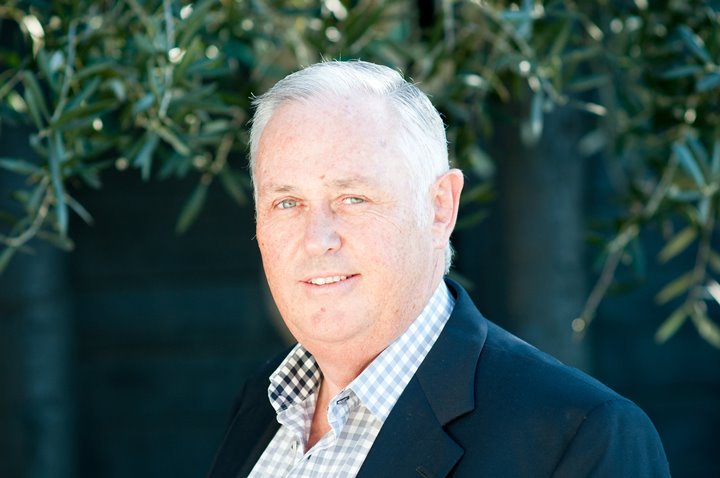The importance of your staff and the vital role that they play in any hospitality business cannot be under estimated, they are your frontline, your connection with your customers, and in many cases are dispensing product and taking payments.
How easy are you making it for your staff to carry out their role? You can’t simply expect your staff to turn up for their shift and then do exactly what you want if you haven’t put the investment into them. I get really concerned when I speak to owners or GM’s and they talk about the cost of training, training is not a cost it is an investment. The more your staff know about how to go about their role, what your expectations are, what processes you want followed the smoother your operation will run.
New employees should all go through an induction programme, be they full time or a casual worker. Every venue will have different needs to be included but areas such as showing how your POS system works, what pour sizes you expect for drinks, how you want your customers greeted are just a few examples. It is also important for your staff to know the menu if you have a food operation. For the small investment of them tasting dishes on your menu the knowledge and passion that they can pass on more than gives a return on the investment.
The correct induction and training can also pay real dividends in your team knowing what your internal processes and systems are. Knowing how to handle an incorrect order or a customer complaint ensures that the procedures that you have briefed them on during training are followed and recorded in the correct manner.
One of the key success factors in maintaining standards is to have your staff briefed. Full staff meetings should be held every 3 or 4 months, this could even be timed around the changing of your menu to give all staff the opportunity to taste any new dishes that the chef is introducing. Make these meetings fun by having a wine company come in and do a tasting or a wine and food matching is a great way to encourage staff to want to come to the meeting. Utilise your suppliers to present to the staff about their product or service so that they feel engaged in the business and know more about how the business runs.
These meetings should be interactive where you give your team the chance to raise any issues or comments that they may have, this should be encouraged as their ideas could be very beneficial, and importantly, make them feel valued but being able to impute and be listened to.
Hospitality is an ever changing beast and things can change daily. Before each shift changes take the time to have a Pre Shift Meeting where you can brief your staff on current relevant items. This is a great opportunity to brief staff on “specials of the day” be it from the menu, cocktail or wine list. If you have a restaurant take the time to talk about the bookings – the numbers and times, any special occasions that you are aware of, any regulars that are coming in that you want recognised. It also gives you a chance to raise any areas around health & safety that need to be covered.
Many venues have a Communication Book on site, and if you don’t have one I would encourage you to do so. This gives you the opportunity to document areas from your pre shift briefing for anyone who misses that meeting and any other issues that you want to team to know about. It is important that this be seen as a documentation process for you staff as well. Things such as people refused to be served due to age or intoxication should be documented here, areas concerning health and safety, POS over-rings and wastage are all areas that are important to have a record of and keeps your staff engaged on the business.
Our industry is notorious for having high staff turnover. By doing the small things and investing in your staff you can help to maintain longevity in your venue. We are above all a people business, invest in your people with a little time and enjoy the return.
Peter Nelson is the Managing Director of Sculpture Hospitality New Zealand, Australia and South Pacific.








